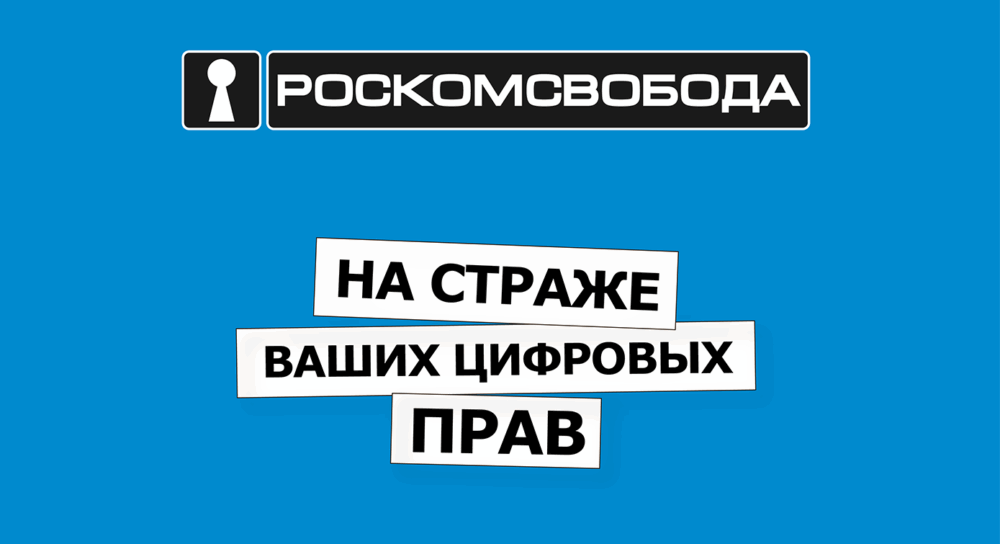Roskomnadzor Proposes Bill That Would Ban Roskomsvoboda
Roskomnadzor has introduced a draft law outlining new criteria for evaluating information that could lead to the banning of websites hosting such content. The draft has been published on the official portal for regulatory legal acts. If adopted, the law would directly affect Roskomsvoboda.
The draft law includes a criterion stating: “The presence of a description of prohibited information, as well as a domain name, page indicator(s) of a website on the Internet, and/or network address(es) that allow the identification of websites in the information and telecommunications network ‘Internet’ containing information whose distribution is prohibited in the Russian Federation.”
This means Roskomnadzor aims to ban online resources that in any way mention information already considered prohibited. As a result, maintaining lists of banned websites and pages could become illegal—precisely the kind of list maintained by Roskomsvoboda. The draft law does not clarify what exactly is meant by the phrase “description of prohibited information,” which would allow the agency to add new resources to its registry.
Roskomnadzor maintains its own registry of prohibited information. However, this registry is not a public list; it only allows users to check whether a specific URL is included. As noted by Roem.ru, besides Roskomsvoboda, there are many other websites that publish lists of banned online resources. Their activities would also become illegal if the bill is passed.
In addition to the criteria regarding prohibited resources, the draft order also addresses information related to child pornography, suicide, and the production, acquisition, and use of drugs.
The Roskomsvoboda project began on November 1, 2012—the same day the Unified Register of Prohibited Information was launched and Federal Law No. 139-FZ came into effect. Roskomsvoboda was created in response to this law, which its founders believe opposes the principles of information freedom. The organization regularly monitors all registries of banned resources and keeps records of them.



